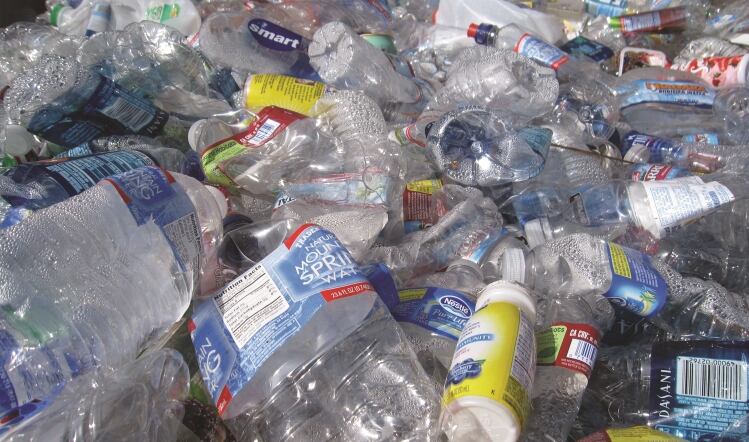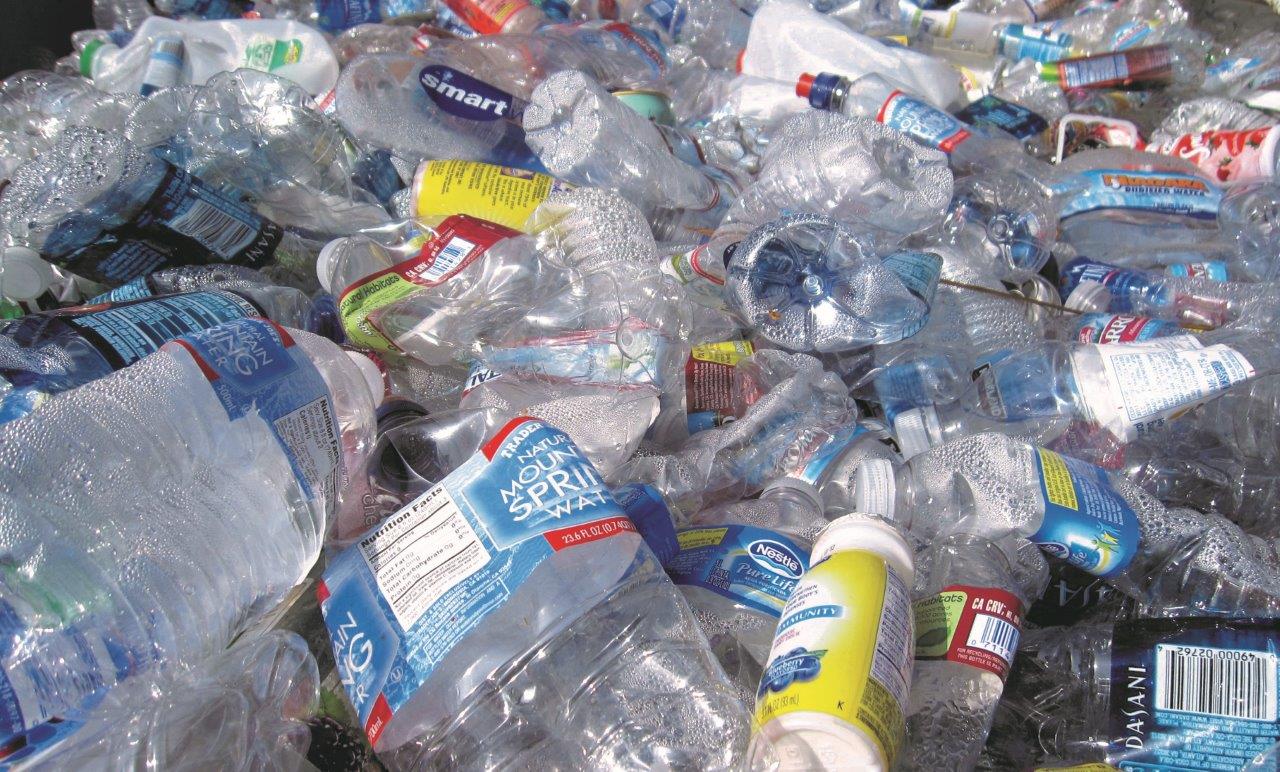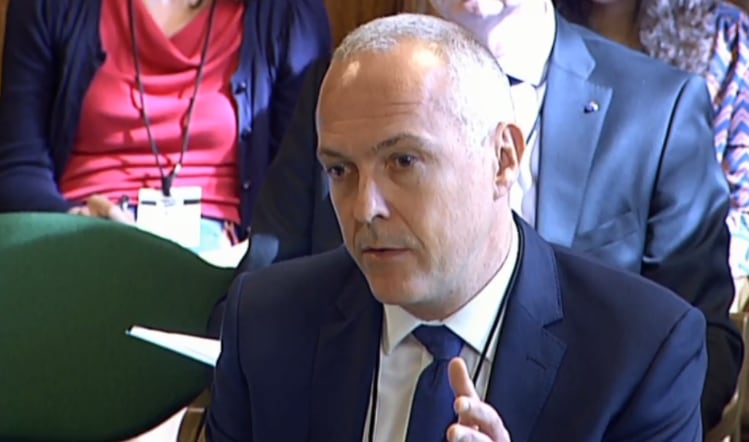As new regulations and industry-led initiatives around packaging materials, especially plastics, tighten their grip (some might say ‘noose’) on the supply chain, certain unintended consequences are likely to emerge.
The Single Use Plastics (SUP) directive, in particular, has received a cool reception from parts of industry. Who would have thought the humble drinking straw could cause such tectonic shifts in materials sourcing and use?
Jeopardising the balance
AMI’s new market report on the European closures industry focuses on the ‘tethered caps’ requirements within the legislation. We might wonder about materials usage, at a time when supply chain partners are working to optimise – not increase – pack weights.
The report argues the hitherto environmental and commercial balance in the regulatory framework has been jeopardised by the EU’s recent moves, particularly the SUP directive, creating uncertainty in the supply chain.
As the Dutch Lifecycle Analysis (LCA) Centre notes, this uncertainty starts with the fact that, as of early June, the European Commission had still not issued a standard for compliance with the tethered caps part of the legislation.
Tip of a menacing iceberg
But the LCA Centre also detects more fundamental shifts in approach, with the headline-friendly straws-and-caps side of the directive forming just the visible tip of a potentially more menacing iceberg. Tetra Pak states, for example, that food-grade recyclate for some polymers simply doesn’t exist in Europe.
Even if it comes on tap over the next couple of years, competition for reliable volumes will be intense.
Moreover, the EU’s Packaging & Packaging Waste Directive (PPWD) aimed to maintain level playing fields across the single market. But the SUP directive is drafted in such a way that it overrides earlier legislation. The PPWD’s carefully-crafted provisions could be superseded by national laws that restrict competition – all in the name of ‘sustainability’.




